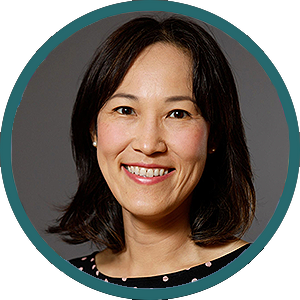
Dr. Becky Huang, Crane faculty associate and professor of multilingual language education at The Ohio State University
Due to globalization and immigration trends, the number of children growing up learning more than one language has been growing rapidly around the world. The increase in this population comes with the parallel need for fair and effective assessment of their multilingual development. In this talk, Dr. Becky Huang will focus on students ages 4 to 13, corresponding to kindergarten to eighth grade in the U.S. education system. Assessments of students’ language development also have strong relevance and implications for education. Dr. Huang will first discuss the myths related to assessing this population, and then address the challenges of assessing young multilinguals. The talk will end with a discussion of the future of multilingual assessment, considering the roles of technology such as artificial intelligence, and the application of translanguaging in assessing young multilinguals.
Dr. Huang’s goal in her work is to promote language and education outcomes for multilingual students. Her research areas of applied linguistics, psychology and education combine to focus on two key areas: language/literacy development and assessment of multilingual students. Her research has been funded by the National Institute of Health, the Institute of Education Sciences and the U.S. Department of Education, and she serves on the editorial board for several journals.


